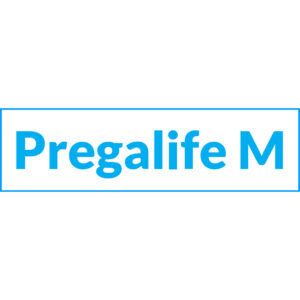Description
Linezolid disrupts bacterial growth by inhibiting the initiation process in protein synthesis. This site of inhibition occurs earlier in the initiation process than other protein synthesis inhibitors (e.g., chloramphenicol [Chloromycetin], clindamycin [Cleocin], aminoglycosides, and macrolides) that interfere with the elongation process. Because the site of inhibition is unique to linezolid, cross-resistance to other protein synthesis inhibitors has not yet been reported. Linezolid may also inhibit virulence factor expression and decrease toxin production in gram-positive pathogens.
It is preferable to use an agent possessing bactericidal properties when possible. It has been demonstrated that linezolid is bacteriostatic against enterococci and staphylococci, and bactericidal for the majority of streptococci.
INDICATIONS
The FDA has approved linezolid for certain gram-positive infections in adult patients. Other pathogens that linezolid has demonstrated in-vitro activity against include penicillin-resistant S. pneumoniae, vancomycin-sensitive E. faecalis, vancomycin-resistant E. faecalis, methicillin-susceptible Staphylococcus epidermidis and methicillin-resistant S. epidermidis, Corynebacterium sp, Moraxella catarrhalis, legionella species Listeria monocytogenes, Pasteurella multocida, and Bacteroides fragili.
Available as 600mg tablet and injections.




